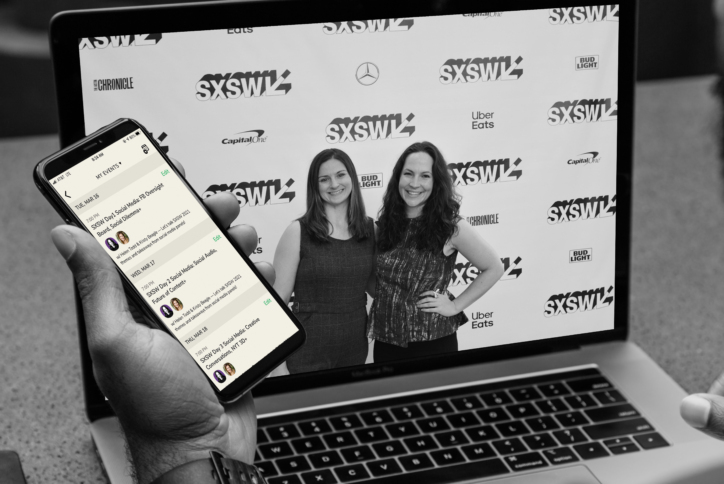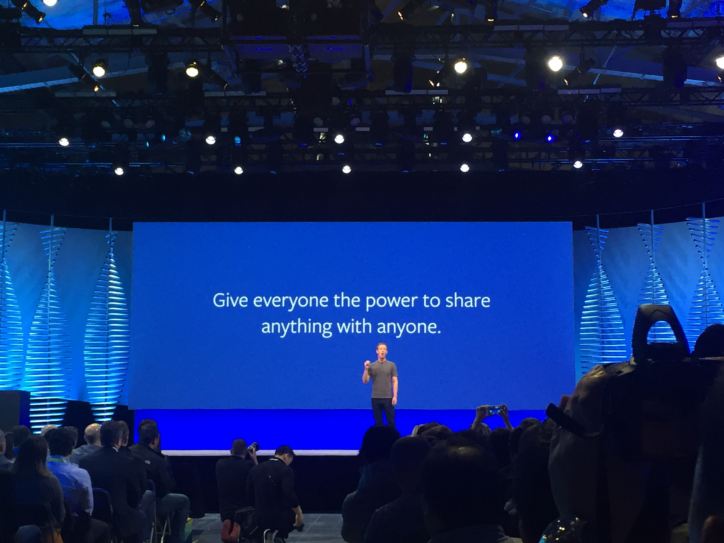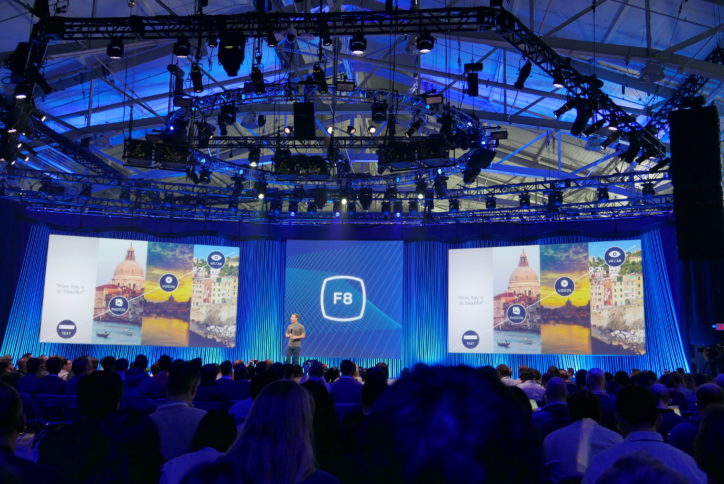
“Don’t feed the trolls” is a common refrain you’ll hear from people when it comes to “trolls” on the internet. The advise basically boils down to a strategy of non-engagement in hopes that your troll will get bored with a lack of interaction and move on to the next target. At Sociality Squared, we don’t think that this is the best first policy to adopt.
Why are they so mad?
It’s a simple question, but it may not simply be blind rage or undirected aggression. When Mojang, the maker of Minecraft, was purchased by Microsoft the founder referenced the video “This is Phil Fish” in his blog post listing his reasons why he agreed to sell the company.
After watching the video you should ask yourself if the people who are trolling are doing so for a specific reason or if something about your brand represents a larger idea. Do they hate you or do they hate what you represent? If someone likes your Facebook Page and is a repeat commenter, it means that they actually care about your brand.
If you can figure out the thing that’s upsetting your audience, there’s still a chance to win your trolls over because there’s still something about you that they like and you can use that to get them back on your side.
Kill Them with Kindness
Everyone wants to be heard. When someone complains to your Page or at your Page, there is information to be mined. In a long rant about how terrible you are, you might find a kernel of knowledge about why they’re upset. Look for specific complaints within their trolling. Respond to those complaints with patience and kindness.
It’s entirely possible that they have a complaint that you can’t address directly. If you can’t do that, at least let the potential trolls know that you’re listening. Some people might be using a small complaint and blowing it out of control. Letting someone know that you’re listening might be enough to calm someone down and get them on your side.
Block the Words, not the User
Some complaints are just irrational. As a result you’ll find trends emerging in the complaints. Before you block a person, see if they’re using the same offending words on a regular basis. Use Facebook’s “Page Moderation” feature in your Facebook Page’s settings to block those words.
When someone uses a word from the moderation list, their post is automatically hidden from the general public (with the exception of their friends). The commenter gets to blow off their steam without their comment being seen and you get to have their comment not appear on your Page without playing Whack A Mole by banning users.
Don’t Feed the Trolls
If those three don’t work, you might want to try the old adage “Don’t feed the trolls.” Not feeding the trolls is a twofold approach. The first is not fueling the fire. Arguing with someone who doesn’t want a rational answer is a lot like arguing with a piece of toast. You can respond, but ultimately it’s not listening and you can’t change it. The second reason not to feed the trolls is that you’ll bring attention to the trolls, empowering them to continue. Don’t engage if you’ve run out of other options.
In Extreme Cases, Ban the Trolls
We don’t recommend this because of the potential for a Whack A Mole situation where you ban one troll and two more trolls appear in their place, but if you absolutely can’t deal with someone trolling your Facebook Page, a ban on their ability to write or respond on your page is necessary. We recommend giving a warning before you hit the ban button to allow your troll to know they’ve gone over the line. Their response is a good barometer for what’s coming next.
Trolls aren’t as scary as you might think and now you have five ways to combat them. Try to understand them, listen to them, be patient and kind, ban their harsh words, don’t feed them and as a last resort ban the troll.
To learn more from Sociality Squared, become a fan or follow us at @Sociality2 on Twitter!
Don’t miss any news and updates from Sociality Squared by subscribing to our S2xAccess newsletter:



